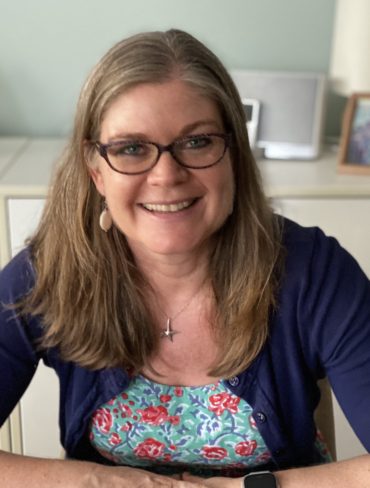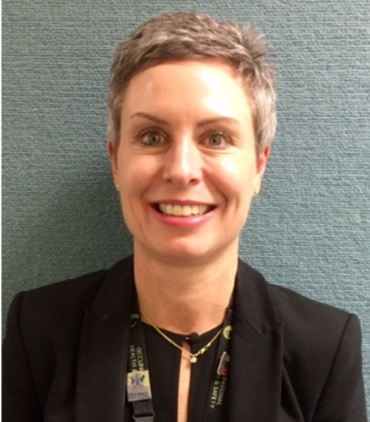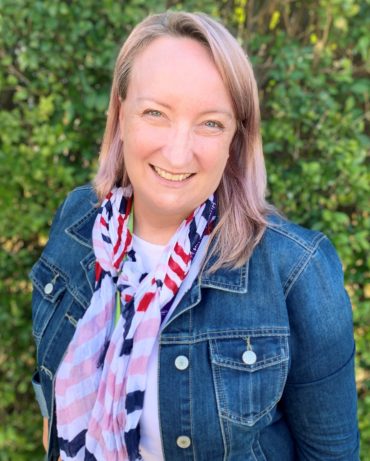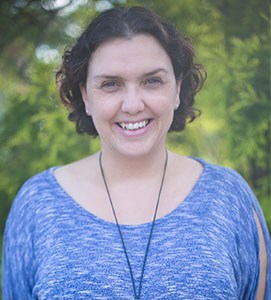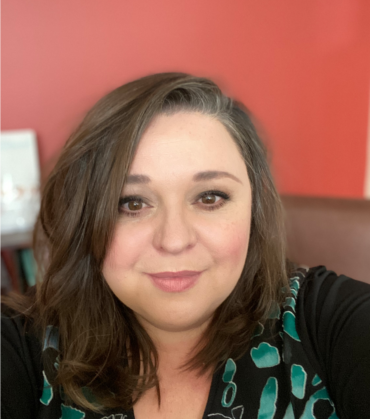In the Shadows: The Unseen Grief of Perinatal Loss
Our 2nd conference provides you unprecedented access to multidisciplinary leaders in the perinatal loss space. Hear from our seven impressive speakers across three separate, digestible sessions. Join us live and participate in the live Q & A with the speakers. Can’t make the live? No sweat – all Registrants will receive a 90-day access to the recordings – watch in your own time.
The program shines the light on aspects of perinatal loss and grief that occur in the disenfranchised shadows of experience, exploring infertility, assisted conception and early pregnancy loss; medically-complicated pregnancies and end-of-life decision making; and exploring efforts to prevent stillbirth as well as trauma-informed care for families who experience stillbirth. Our speakers will knit together knowledge from psychology, genetics, nursing, palliative care, research, grief therapy and lived experience.
Our speakers will be available for live Q & A during their Session time, and for 30-minutes after the session, liaise with the speakers in our Virtual Meeting Hub.



